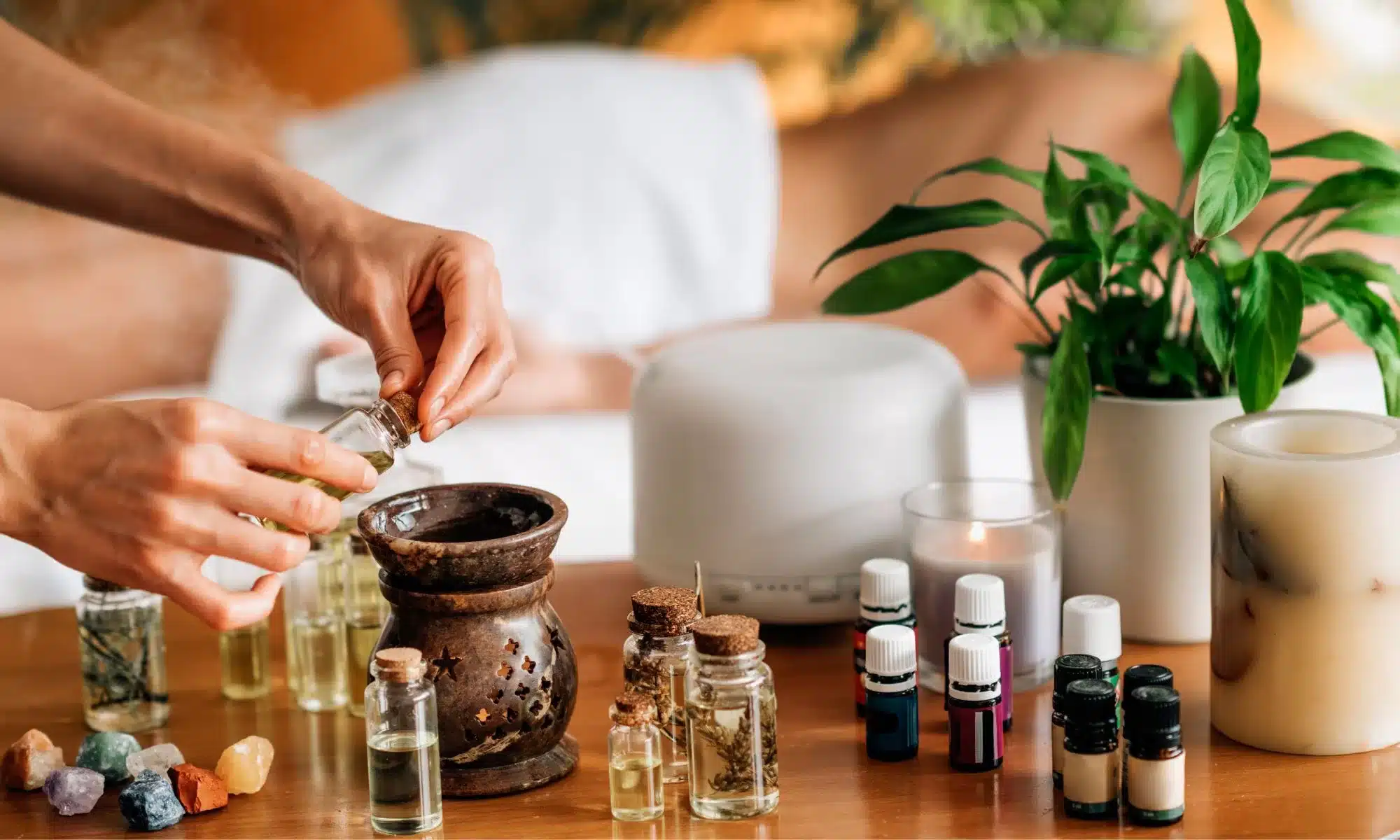Aromatherapy is a holistic healing practice that uses natural plant extracts, known as essential oils, to promote physical, emotional, and mental well-being. These essential oils are derived from various parts of plants, including leaves, flowers, bark, and roots. Each essential oil carries its unique scent and therapeutic properties, making it essential to choose the right scents for specific purposes. In this article, we will explore some of the best scents for aromatherapy and their associated benefits.
Lavender
Lavender is one of the most popular and versatile essential oils used in aromatherapy. Its calming and soothing properties make it ideal for reducing stress, anxiety, and promoting relaxation. Lavender oil can also help improve sleep quality and relieve headaches and migraines. Its pleasant floral scent is widely loved and is often used in diffusers, massage oils, and bath products.
Peppermint
Peppermint essential oil has a refreshing and invigorating scent, making it a popular choice for aromatherapy. It is known for its ability to boost energy, improve focus and concentration, and alleviate mental fatigue. Peppermint oil can also help relieve muscle aches and pains, reduce nausea, and support digestion. Its cooling sensation and minty aroma make it an excellent choice for inhalation and topical application.
Eucalyptus
Eucalyptus essential oil has a distinct, refreshing scent that is commonly associated with relaxation and respiratory health. It is often used in aromatherapy to relieve congestion, clear the sinuses, and promote easier breathing. Eucalyptus oil is also known for its antibacterial and antiviral properties, making it beneficial for colds, coughs, and respiratory infections. Its invigorating aroma can be diffused or inhaled directly for maximum benefits.
Lemon
Lemon essential oil is derived from the peel of fresh lemons and has a bright and uplifting scent. Its citrusy aroma is known to enhance mood, boost energy levels, and promote mental clarity. Lemon oil is also a natural disinfectant and can be used to purify the air, cleanse surfaces, and uplift the atmosphere in a room. It blends well with other citrus oils like orange and grapefruit for a refreshing and invigorating scent.
Rosemary
Rosemary essential oil has a woody and herbaceous scent that is often used for its stimulating and clarifying properties. It is known to enhance memory, improve focus, and increase mental alertness. Rosemary oil can also help relieve muscle pain, reduce inflammation, and support respiratory health. Its invigorating aroma can be diffused or added to massage oils and bath products for a rejuvenating experience.
Chamomile
Chamomile essential oil has a sweet, fruity, and floral aroma that is widely recognized for its calming and relaxing effects. It is commonly used to reduce stress, anxiety, and promote better sleep. Chamomile oil can also help soothe skin irritations, reduce inflammation, and support digestive health. Its gentle scent makes it suitable for diffusing or adding to bathwater for a calming and comforting experience.
Conclusion
Choosing the right scents for aromatherapy is crucial in maximizing the therapeutic benefits of essential oils. Lavender, peppermint, eucalyptus, lemon, rosemary, and chamomile are among the best scents for aromatherapy, each offering unique properties and fragrances.
Whether you are seeking relaxation, mental clarity, or relief from physical discomfort, incorporating these scents into your aromatherapy practice can help promote overall well-being and enhance your daily life. Remember to use high-quality essential oils and consult a qualified aromatherapist or healthcare professional for personalized guidance and advice.



